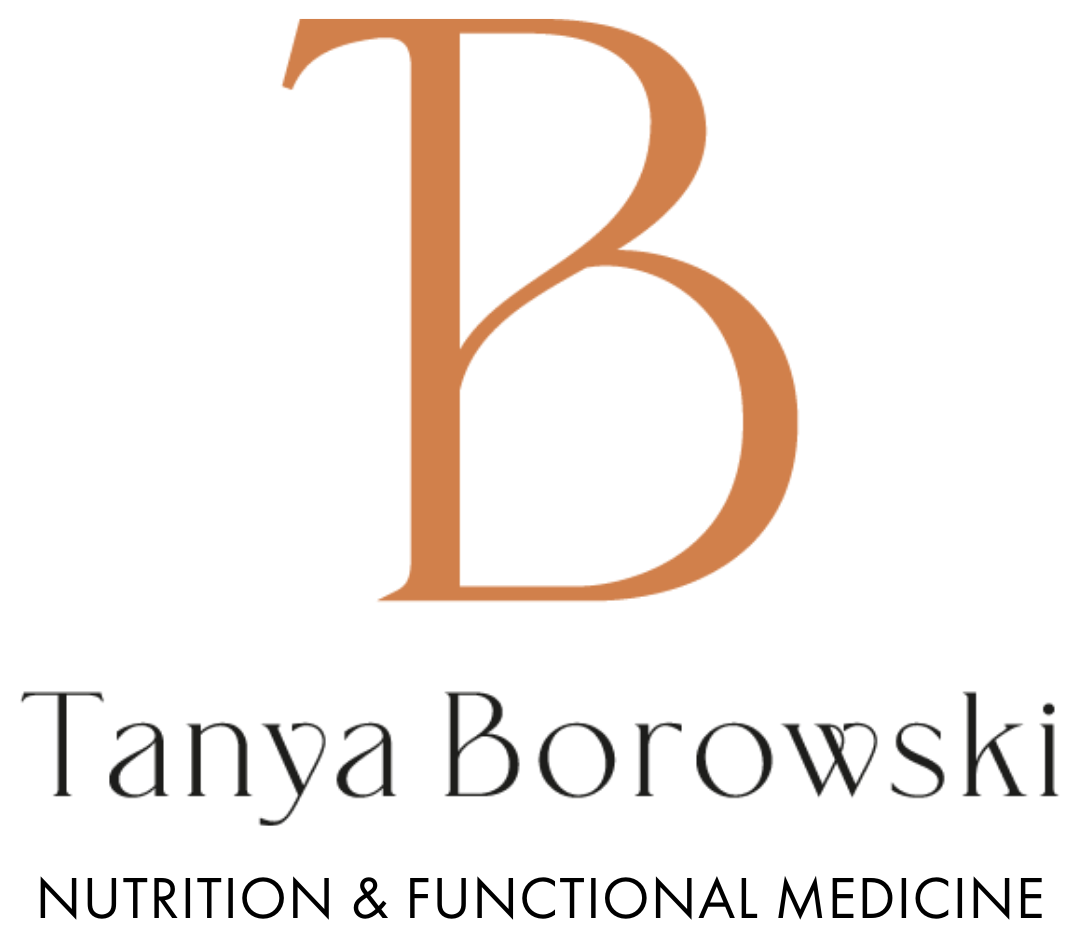Osteoporosis: Glycine & Collagen
Collagen is the most abundant protein in the body, making up bones (40%), skin (70% of the protein in skin is made up of collagen), teeth, cartilage, organs muscle, tendons, intestines, ligaments and arteries - you had my attention at bones!
There are at least 29 types of collagens, yet they are all composed of a repeating chain of amino acids - Glycine, proline and hydroxyproline. These repeating amino’s form long “polypeptides” - meaning many proteins - chains which provides a unique structure to other proteins, the ability to form a triple helix structure that gives collagen its amazing strength and lightness.
Of the 20 types of collagen, types I, II and III are the most abundant, found in the body as follows:
Type I: skin, tendons, vasculature, organs and bones
Type II cartilage
Type III: skin , larger blood vessels, uterus and intestine
So for bone health, it’s all about type 1. An additional property that provides type I with a type of super power is a crosslinking structure made by an enzyme ( lysyl oxidase), which is dependent upon copper to function.
Other nutrients required to make collagen from scratch are:
The building blocks - Glycine , proline and hydroxyproline
Vitamins A, C
Minerals copper , sodium ( driving vitamin C into tissues, including bone)
What damages collagen?
Oxidative stress - an imbalance between the production of free radicals and the ability of the body to counteract their harmful effects through neutralization by our own built- in antioxidant systems.
Just the process of ageing causes a level of oxidative stress as mitochondrial membranes become damaged, as does chronic inflammatory disease ; such as diabetes, heart disease, metabolic syndrome and autoimmunity. Diet and lifestyle factors contribute significantly too: diets high in refined processed foods, diets low in antioxidant rich foods - vegetables and fruits, alcohol, cigarette smoke, ultraviolet light and air pollution all cause oxidative damage and a breakdown in natural collagen. In fact, this is why you see the skin of someone that has had years of sun exposure, smoked and drank alcohol regularly is more wrinkled and lacking in luster - their collagen has been diminished).
Glycine
As we’ve established glycine makes up every 3rd amino acid in collagen, as such there is a huge requirement of it for optimal collagen turnover. Glycine is also required for many other functions:
The body's synthesis of the master antioxidant glutathione.
Building muscle,Glycine is required for the synthesis of creatine.
Improving sleep quality, Glycine helps activate the N-methyl-D-aspartate (NMDA) receptor in the brain, which may have a calming effect on the brain and lower core body temperature, both of which can help improve symptoms of sleep disorders.
Is a neurotransmitter.
Is essential for building of heme and bile salts.
In a paper by Enrique Melendez -Hevia and colleagues they uncovered the requirement for glycine (due to all the actions mentioned above) is approx 15g a day (at least 12 g of this required for collagen turnover!). The body synthesizes just 3g a day, dietary intake provides another 3g, leaving shortfall of 10g a day, that these authors recommend supplementing.
How to obtain optimal Collagen and Glycine in osteoporosis
Collagen
My mantra is always, food first! The cheapest and most effective way to guarantee a collagen rich bone broth is to make it yourself.
Our grandparents' generation used to consume collagen because it was commonplace to eat organs , bone marrow and cook the entire animal ( organs, bone, marrow) and collagenous tissues in a stew or casserole. This “broth” is brimming with collagen, and a top tip, you can tell how rich a broth or stew is in collagen when the gelatin solidifies once placed in the fridge.
Here is a recipe for my Bone Building Broth
When roasting chicken, or beef ribs add those bones, scraps, vegetables, herbs , garlic and ginger into your slow cooker, add water to cover and add a good swig of apple cider vinegar. The vinegar helps pull the nutrients out of the bones . Slow cook for 14-16 hours, strain and you have your broth.
If you prefer to purchase a high quality bone broth, my all time favourite brand is by Wild Alchemy, her bone broth is beautiful - 100% Organic from grass fed beef bones, filtered water, onion, carrot, celery, garlic, shiitake mushroom, thyme, rosemary, parsley, sage, seaweed, apple cider vinegar, bay leaves, turmeric root, ginger root, star anise, chaga mushroom, reishi mushroom, salt & pepper.
If you prefer to purchase a high quality bone broth, my all time favourite brand is by Wild Alchemy, her bone broth is beautiful - 100% Organic from grass fed beef bones, filtered water, onion, carrot, celery, garlic, shiitake mushroom, thyme, rosemary, parsley, sage, seaweed, apple cider vinegar, bay leaves, turmeric root, ginger root, star anise, chaga mushroom, reishi mushroom, salt & pepper.
Consume foods rich in vitamin C /minerals that support collagen synthesis and crosslinking
Vitamin C - peppers, citrus fruit, broccoli and kiwis
Copper - liver, oysters, nuts and seeds, mushrooms, avocado
Vitamin A - liver, oily fish, eggs
Collagen Supplements
For bone health, we need to look for a type I collagen, a form that has been hydrolyzed and of course is from a clean traceable source. Bovine collagen is a combination of type I & III, marine collagen (sourced from scales and skins of fish) is solely type I. Bovine collagen does provide a greater array of amino acids but marine is higher in hydroxyproline.
It is also possible to get eggshell membrane collagen, which is especially helpful in osteoarthritis.
Doses for bone health
5-20g day type I hydrolyzed collagen, I particularly like :
Bare Biology’s Marine Collagen Plus Vitamin C . Made from MSC certified sustainably sourced, wild Norwegian cod skin. 1 tablespoon provides 5g of type I collagen peptides + 50mg Vitamin C
BoneBalance - Bioactive Collagen Peptides derived from bovine collagen is classified as a ‘Food for Special Medical Purpose’ (FSMP). This means it is approved for the dietary management of a specific disease or medical condition in this case osteoporosis, osteopenia and low bone mineral density.
The FORTIBONE™ Bioactive Collagen Peptides® in bonebalance™ have been shown to specifically move into bone tissue.
Glycine
3-5 g up to three times a day with each meal plus 3 g at bedtime to help sleep!




